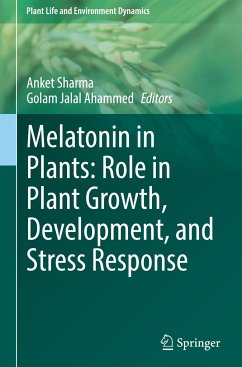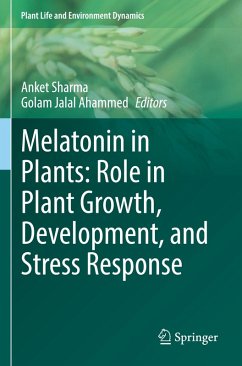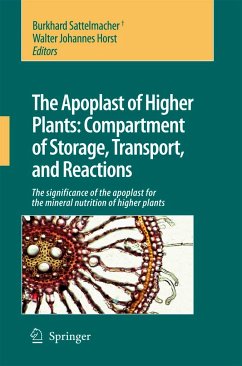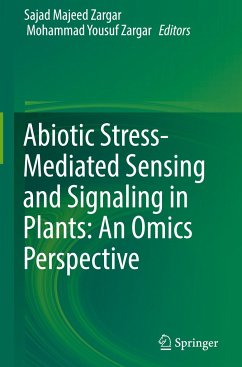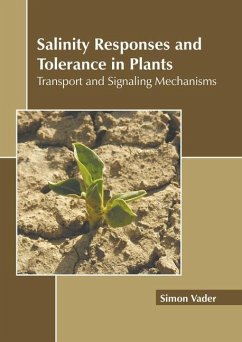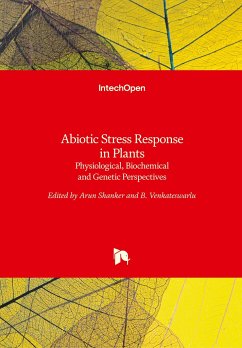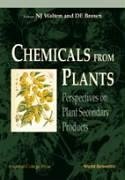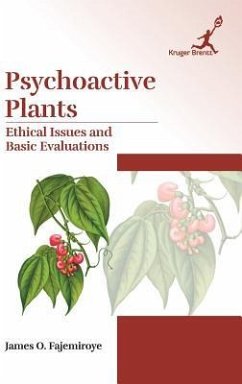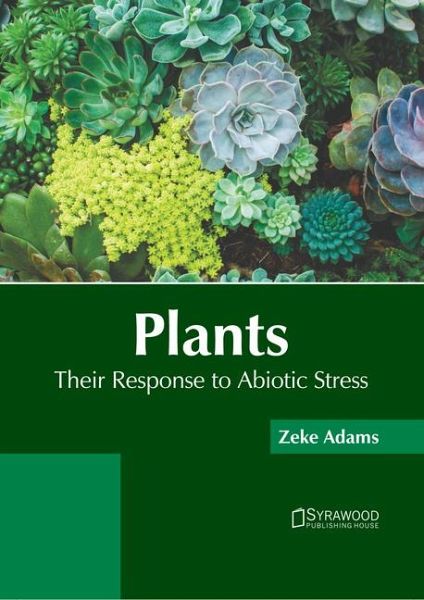
Plants: Their Response to Abiotic Stress
Versandkostenfrei!
Versandfertig in über 4 Wochen
136,99 €
inkl. MwSt.

PAYBACK Punkte
68 °P sammeln!
Abiotic stress is defined as the negative impact of non-living factors on living organisms, such as plants, in a specific environment. It includes adverse effects of metal toxicity, high temperature, nutrient deficiency, drought, salinity and flooding. When plants are exposed to abiotic stresses for a long period, it results in metabolism alteration and damage to biomolecules. The plants usually develop certain defense mechanisms or responses in order to tolerate abiotic stresses by upregulation of osmolytes, osmoprotectants, and enzymatic and non-enzymatic antioxidants. Abiotic stresses great...
Abiotic stress is defined as the negative impact of non-living factors on living organisms, such as plants, in a specific environment. It includes adverse effects of metal toxicity, high temperature, nutrient deficiency, drought, salinity and flooding. When plants are exposed to abiotic stresses for a long period, it results in metabolism alteration and damage to biomolecules. The plants usually develop certain defense mechanisms or responses in order to tolerate abiotic stresses by upregulation of osmolytes, osmoprotectants, and enzymatic and non-enzymatic antioxidants. Abiotic stresses greatly influence plant growth and crop production. The emergence of proteomics, deep sequencing technologies, epigenetics, and metabolomics have provided opportunities for understanding the biology of plants and developing stress tolerant varieties of crops. This book is a compilation of chapters that discuss the most vital concepts and emerging trends related to abiotic stress resistance in plants. It is appropriate for students seeking detailed information in this area of study as well as for experts.



